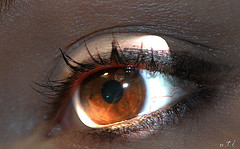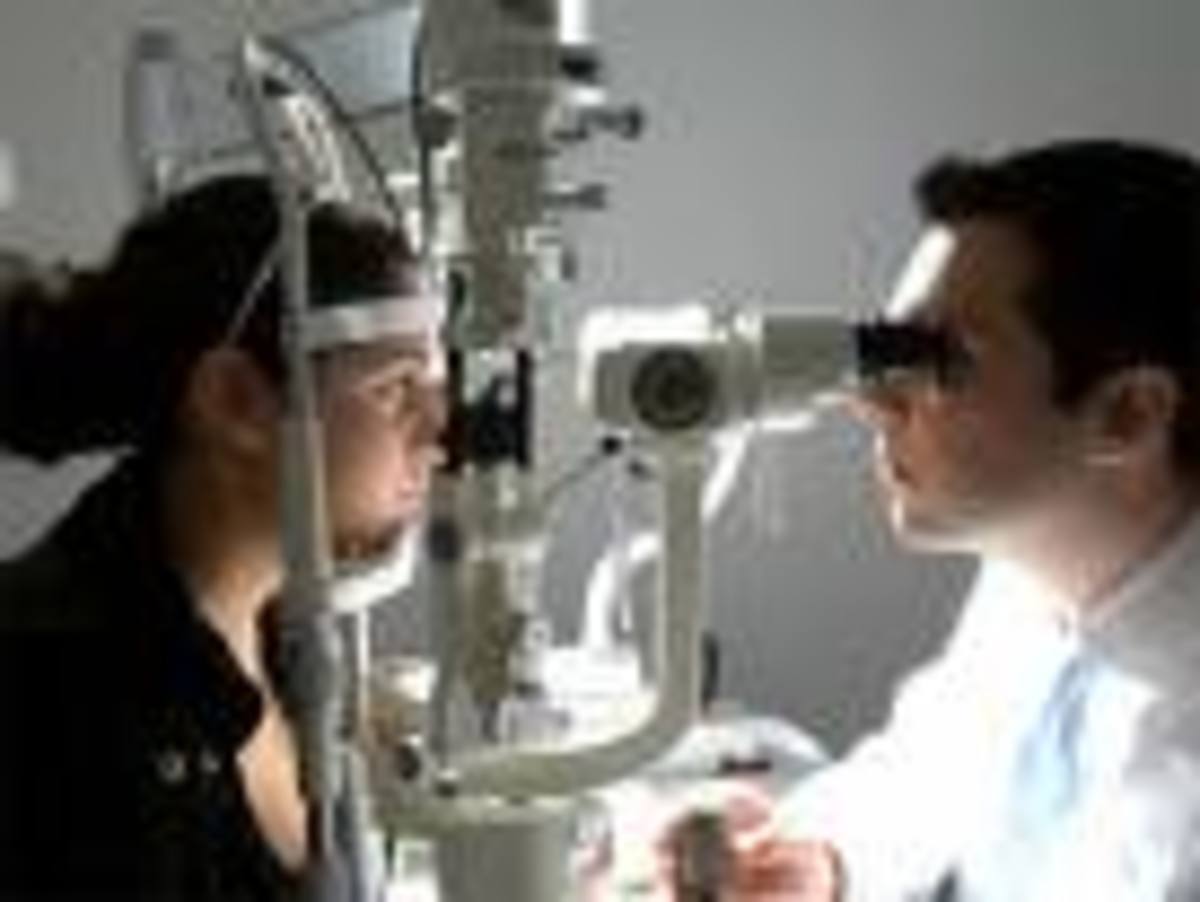PRK Surgery and Recovery Tips: Is PRK the right laser eye surgery for you?
Chances are you're more familiar with LASIK than PRK, but for many patients PRK surgery is the only option or a better option. This is designed to be a quick overview of the PRK procedure that will help you become more informed before making a decision. As always, an ophthalmologist will be able to give you the best advice on choosing the procedure that's right for you.

Background on PRK:
- PRK stands for photoreactive keratectomy
- PRK surgery was invented in the early 1980s before LASIK.
- The procedure was first approved by the FDA in 1995 and available in the United States by 1996. Prior to that many Americans had the surgery performed in Canada.
- The surgery is performed with an excimer laser which uses a cool ultraviolet light beam to precisely remove tiny bits of tissue from the surface of the cornea in order to reshape it.
- Reshaping the cornea refocuses the light into the eye in the retina providing clearer vision.
- PRK is distinct from the more common LASIK surgery (these differences are discussed below)
Who is PRK ideal for?
- There are certain qualifications that must be met for any laser eye surgery:
- You must be an adult
- Your eyes must be healthy (examples of disqualifying conditions are: conunctivitis, chronic dry eyes, cataracts, and glaucoma)
- Your prescription must be stable for a year
- You cannot be pregnant or nursing
- You cannot have autoimmune or degenerative diseases in most cases (such as HIV/AIDS, rheumatoid arthritis, and type 1 diabetes)
- Like LASIK, PRK eye surgery is used to treat myopia, hyperopia, and astigmatism.
- Patients with certain corneal conditions or corneal scars are frequently candidates for PRK surgery but disqualified from LASIK procedures.
- Patients with thin corneas are typically better suited for PRK. LASIK eye surgery can jeopardize corneal integrity for those with thin corneas while PRK surgery does less to change the structure of the cornea.
What are the benefits of PRK over LASIK?
- PRK does not leave a corneal flap. Since LASIK leaves a permanent flap in the cornea, it may preclude you from any future treatments that are developed. In extreme and very uncommon circumstances, LASIK complications can lead to the need for a corneal transplant.
- Less chance of complication. This is primarily because PRK doesn't leave a flap.
What are the downsides of PRK versus LASIK?
- Longer recovery time. Because PRK removes the entire epithelium the recovery time is significantly longer.
- More painful recovery. Even though there is no cutting done in a PRK laser eye surgery, recovery tends to be more painful. Pain medications such as vicodin are typically prescribed to alleviate symptoms.
- Longer time to best uncorrected vision. Typically patients are at 80% one month after surgery and 95-100% three months after surgery. LASIK results are much quicker.
Personal accounts of PRK surgery:
- Deciding on Laser Eye Surgery
A unique account from someone who received PRK surgery on one eye and LASIK on the other. - Notes on PRK eye surgery
An indepth account of PRK eye surgery that describes the whole experience from pre-op decisions to the recover period. - Recovering from PRK Laser Eye Surgery
This Microsoft worker has some tips about returning to work after PRK eye surgery.
Video discussing how PRK laser eye surgery works for potential patients
Video of an actual PRK laser eye surgery
Additional sources of information:
- PRK Laser Eye Surgery
Discusses the PRK procedure before, during, and after surgery. - Photorefractive keratectomy
The Wikipedia entry for PRK. - How PRK works
Information on success rates and side effects.





